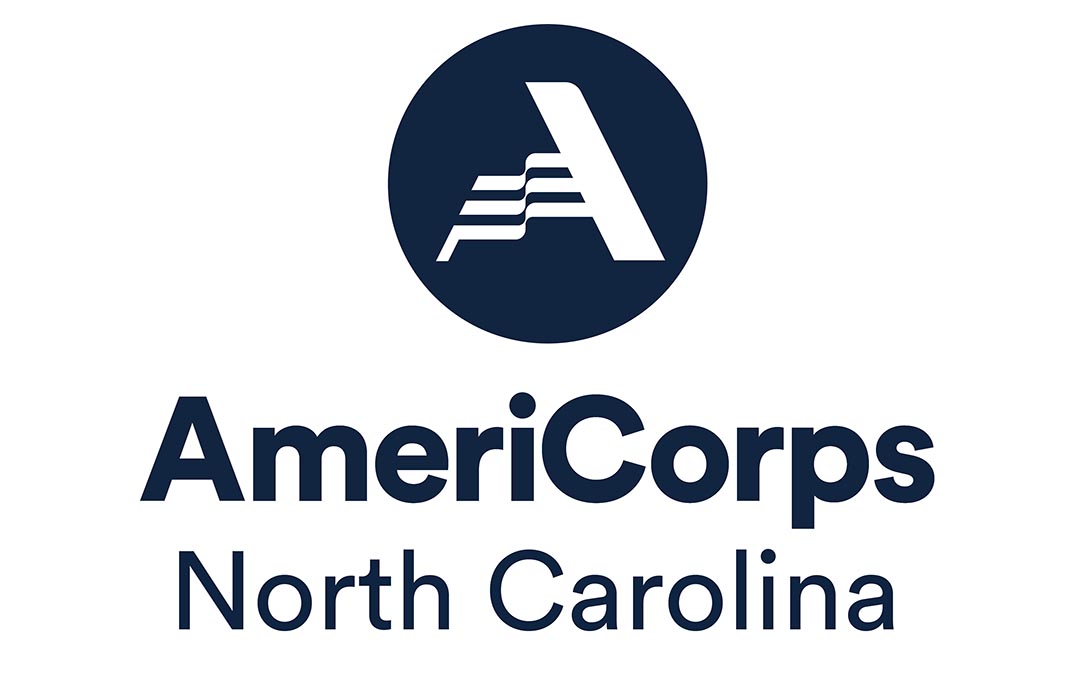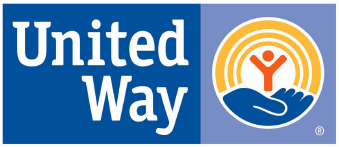From: Spring Humans of Asheville Series
By: Jennifer Mesk
“I had been a Big Sister in Winston-Salem when I was in college. When I moved here the Assistant Director position was open and I’ve been here 18 years. I had seen the organization from the perspective of a volunteer so I was really passionate about the mission and working with kids.
I had two girls that were my Little Sister. One was 15, had a lot going on. It was ok but she ended up getting involved with juvenile court. We lost touch. The other one has been in the Navy for 6 years now, has gotten married and is pregnant. We still stay in touch.
Big Brothers Big Sisters has been around since 1904. Locally we started in 1982. Our office in Asheville serves 10 counties. We have a a very specific plan we follow if there is a need for another chapter in another county. We don’t have a lot of money to work with so there is a lot of fund raising that goes on. We just added Graham and Cherokee County. We have national standards we have to adhere to and one of my jobs is quality assurance.
The most rewarding things about my job are the stories. Not just the success stories but before that happens I’m hearing the stories about the needs that different kids have, the family situations that are usually sad and heartbreaking. In our community based programs that’s a real constant there. Single parent families that are really struggling to make ends meet. There’s no safety net for them. For a lot of kids there are numerous aspects that need to be addressed and we are just one piece of that puzzle. Seeing some of the situations the kids struggle with knowing that they have somebody special that’s just there for them is so nice.
A lot of our volunteers have not had firsthand experience with families that are struggling financially and other issues. So we offer training that focuses on preparing them for their role, self awareness, diversity, being non judgmental. Volunteers coming in without that can be really quick to judge. We talk about looking past what your initial perceptions are, get to know them, their resources, walk in their shoes. We have staff that follows along after the match is made to offer regular support. The training is more general but when they are matched it can be very specific. Once they are matched we tell our volunteers to not rule out anything even it seems boring because chances are that kid hasn’t experienced that, it’s all new.
My co worker and I have become very involved, and this is more deeply involved than we usually get. We don’t help with housing but there was a single mom with 3 kids that was going to have to be out of their mobile home by March 1st unless they had enough money to move the trailer. It cost $3000 to move it. They didn’t own it but they were still making payments on it. The woman whose land it was on wanted it moved, gone. There was no affordable housing available. They all had waiting lists. The shelters were awful. We had a lot of community support from churches, individuals, Kimmel and Assoc., to raise the money the move the trailer. We thought initially we could sell the trailer and pay it off what she owed and use the rest for an apartment but for apartments you’d need the affordable housing and to get a regular apartment it costs so much just to get in. In the end we raised enough money to move it and keep them in a hotel till the process was finished.
It was eyeopening as we were talking to the mom day to day, troubleshooting and helping. The big lesson I took away from that experience is how so many families are so close to the bottom falling out. It’s one more bill, an unexpected event, one small thing that can upset the balance and they are not able to make it.
I think not everybody is cut out for mentoring but I do wish more adults, even if they have school aged kids, find some way to get involved in the life of other kids in some supportive way. There are so many ways in our community to help. I think a lot of people don’t realize what families are going through. What’s more common in our program is that kids only see what’s in their small circle, they don’t have a lot of resources to do a lot of things. Their world view tends to be really small, their neighborhood, their school. There was one Little Sister that wanted to work at Sonic when she grew up because that’s what people in her family do. But then her Big Sister says, let’s see what other things that you might want as options. She ended up going to AB Tech and completed the Nursing Program. She’s a nurse now. Those are the kinds of things that we see on a regular basis, kids having their horizons expanded.”



